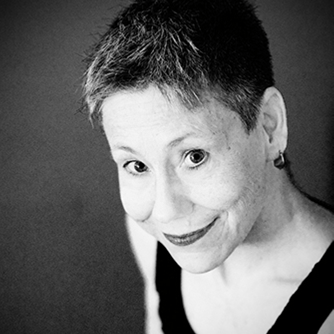The Literary Translation Centre at the London Book Fair was packed Tuesday for Where Are the Women in Translation? Readers will recognize the title from Alison Anderson's May 2013 piece about the gender disparity in translated literature. Alison found a huge majority of books published in translation were male writers in translation, which in turn meant that men dominated prizes; this was confirmed by the announcement of the shortlist for the 2013 Independent Foreign Fiction Prize, announced during last year's London Book Fair, which included only one woman. A year later, Alison was joined by writer and translator Krys Lee, poet Sophie Mayer, and Jane Bradley of For Books' Sake in analyzing causes, and proposing solutions. Although the majority of readers are women, many publishers are more interested in reaching male readers; because publishers assume that women will read anyone, but men will read only other men, they tend to choose work by male writers—the message being, of course, that male experience is universal, while the female perspective is niche. Since the majority of published work is by men, women are also a distant second in prizes: no woman writer has ever won the IFFP since its founding in 1990.
The conversation then turned to what could be done to reverse this state of affairs. The topic of quotas drew mixed responses. There was some dissension, and while all panelists agreed that mediocre work should not be published simply because it was written by a woman, the point was made that until women have parity, quotas will do. The boycott of the London Review of Books was mentioned, as was the need to call for diversity, to make a point of seeking and promoting women authors, and to pitch women writers for translation projects and reviews. All agree that this topic had to be made part of the creative conversation.
It would appear that someone is listening. This year's IFFP shortlist, announced later that day at the Fair, includes three women.








